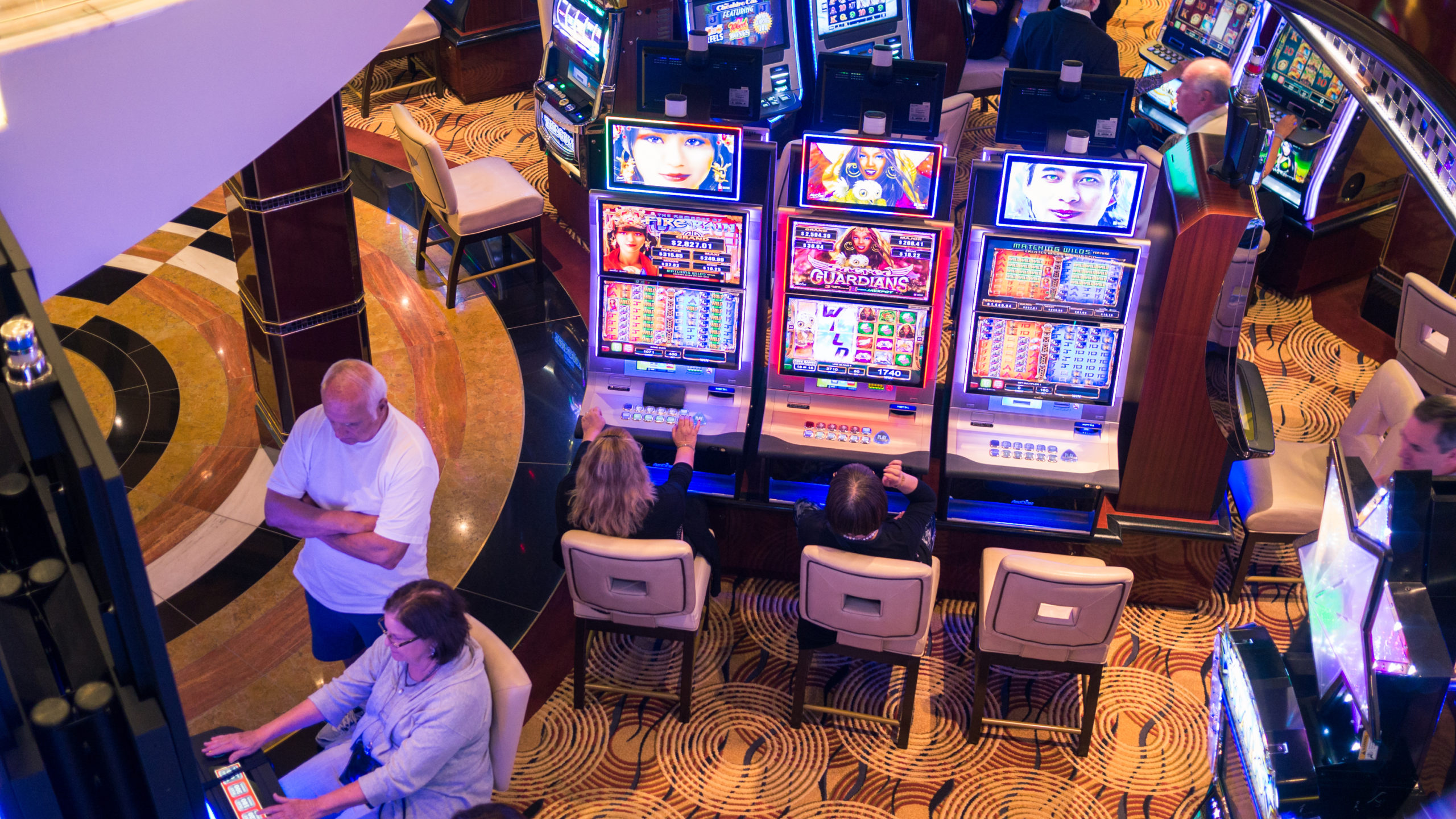
Casino gaming has long been a subject of fascination and debate, drawing in millions of players around the world. With a blend of chance, skill, and the excitement of risk, casino games offer an exciting escape from everyday life. However, as entertainment becomes ever more available, it invites a more thorough examination of the morality surrounding these games.
At the heart of the discussion lies the issue of whether casinos promote responsible gaming or take advantage of vulnerable individuals. The appeal of potential winnings versus the truth of losses can create a complex situation, and understanding this balance is essential for both players and operators. As we delve into the morals of casino gaming, we will explore the responsibilities of casinos, the effects on society, and the steps that can be taken to foster a healthier gaming environment.
The Impact of Casino Gaming on Society
Casino gaming has a considerable influence on the community, affecting not only the economy but also interpersonal dynamics and community structures. The income generated from casinos can lead to employment opportunities and boost regional economies, as they provide multiple employment opportunities in multiple fields including food and beverage, entertainment, and shopping. However, while the financial benefits can be substantial, communities often struggle with the potential negative impacts that arise from higher gambling activity. sports betting sites not on GamStop
Moreover, the presence of casinos can lead to an increase in gambling addiction, presenting serious challenges for players and families. The thrill of casino games can quickly transform into a habitual habit, affecting personal relationships and leading to monetary issues. Many individuals may find it difficult with the loss of control over their gambling behaviors, resulting in a need for assistance programs and help to address this growing issue. The social cost of addiction can ripple through families and neighborhoods, creating an urgent need for responsible gaming initiatives.
In addition to the economic and social consequences, casino gaming often showcases cultural attitudes towards uncertainty and entertainment. It can encourage a sense of joy and leisure, attracting visitors and boosting local travel. However, this allure may also conceal the wider implications of gambling as a form of entertainment, provoking ethical questions about its promotion and availability. As communities weigh the benefits and drawbacks of casino gaming, the need for sensible approaches and regulation becomes increasingly critical in ensuring that the positive aspects are maximized while minimizing the negative effects.
Ethical Concerns in Betting Practices
The ethics of casino gaming often center around the risk for addiction and its consequences on individuals and families. Gambling can lead to serious monetary distress, impacting not only the betters but also their families. As people become caught in the appeal of winning, many lose track of their financial limits, which can result in catastrophic outcomes such as insolvency. This raises ethical questions about the responsibility of casinos in fostering safe gambling habits and offering support for those who may be struggling with gambling addiction.
Another critical issue is the promotion of betting to at-risk populations. Casinos often target low-income individuals or communities with the offer of quick gains, which can continue cycles of poverty and despair. In this situation, the morality of marketing strategies used by casinos come under examination, as they may exploit the desperation of people seeking an escape from economic troubles. This manipulation raises moral questions about the integrity of the betting industry and its responsibility to protect its most at-risk customers.
Additionally, the impact of gambling gaming on the community as a whole cannot be ignored. While some argue that gambling establishments create employment and boost local economies, others point to the community costs associated with dysfunctional betting, increased crime rates, and a burden on public resources. Balancing financial advantages with the potential for social harm presents a complex ethical dilemma for lawmakers and gambling operators alike. The difficulty lies in discovering a ethical approach that takes into account the welfare of people and society while still permitting for the pleasure of gambling gaming.
Regulatory Framework and Responsibilities
The regulatory system pertaining to gaming activities is developed to ensure equity, trustworthiness, and player protection. Different government bodies and gaming commissions create and enforce regulations that dictate how casino activities work, the guidelines for product development, and the protocols for processing winnings. These regulations vary by locale but typically involve licensing requirements for operators and rigorous measures to stop deception and scams.
In furthermore to regulatory bodies, casino operators bear significant responsibility in upholding moral standards within their establishments. They must implement safe gambling practices that promote gambler protection and awareness, including presenting self-limitation options and offering information about the dangers connected to gaming. Establishments are also accountable for training staff to recognize signs of difficult betting and be aware of the correct steps to help customers in need.
Moreover, transparency in gaming operations is vital for building and preserving public trust. Casinos should present clear details about the probabilities of activities, marketing deals, and any related dangers. By promoting an environment of transparency and accountability, casinos can help lessen the potential adverse impact of gambling while enhancing the complete gambling experience for all players.